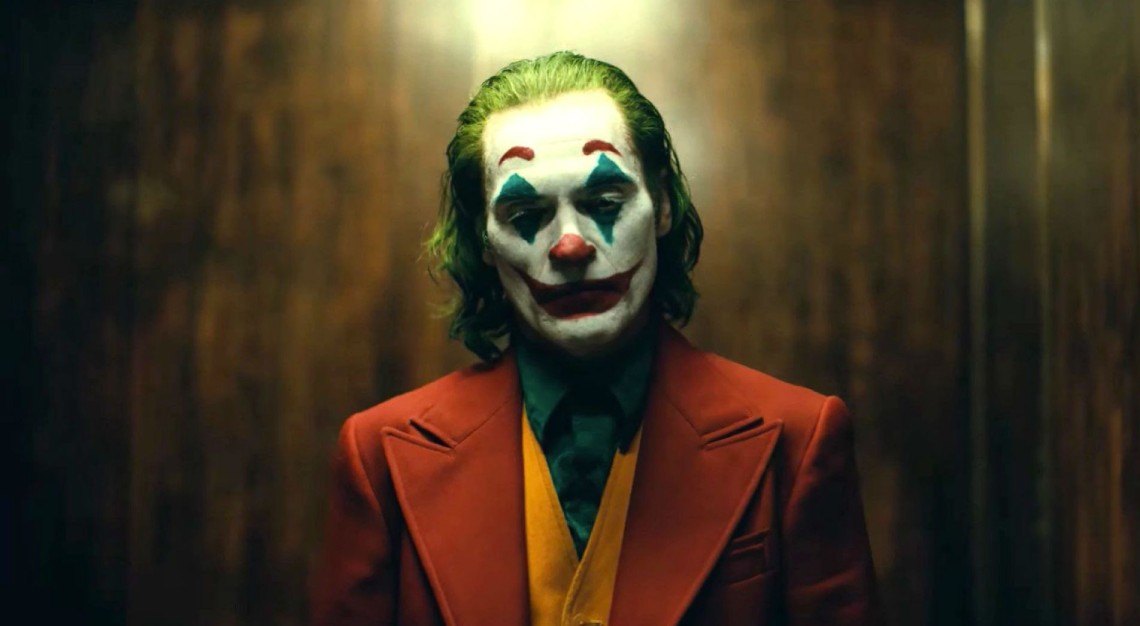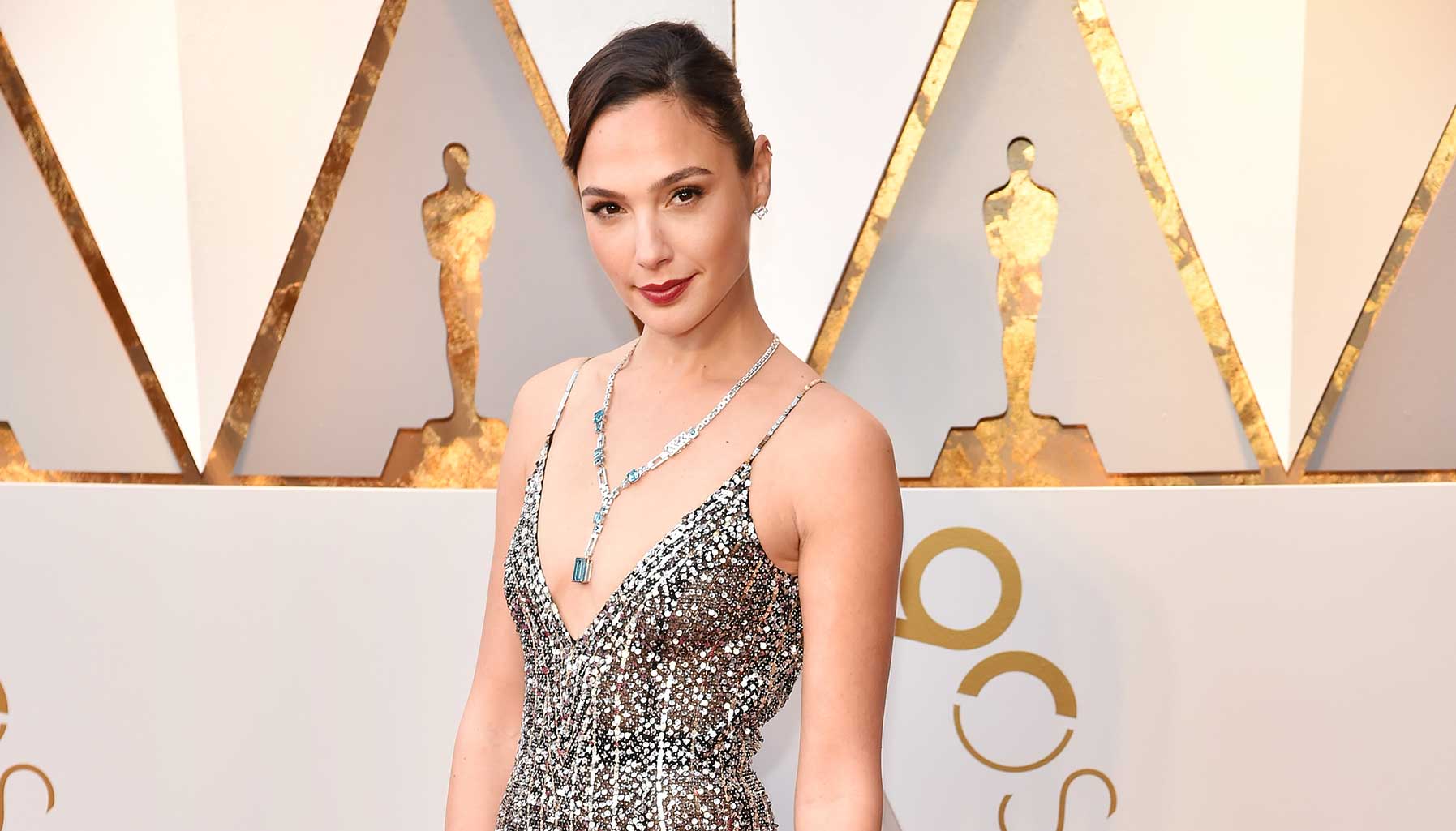History repeats itself
Although winning the Golden Lion isn’t everything, such victors – at least those made in America – often go on to receive further accolades come Oscars time. Last year’s winner in Venice, Roma, nabbed three awards, including Best Director, at the last Academy Awards. Recent American successes in Venice such as The Shape of Water and Brokeback Mountain also picked up a clutch of awards. So if history is anything to go by, Joker ought to be adding to that list.

Joaquin Phoenix delivers
After Heath Ledger’s iconic and Oscar-winning turn as the Joker in The Dark Knight, few thought his portrayal of Batman’s nemesis could be bettered. Jared Leto’s subsequent version in Suicide Squad received lukewarm praise in comparison, with The Hollywood Reporter commenting that his portrayal “doesn’t threaten the big-screen hold on the public imagination that Jack Nicholson and then Heath Ledger established”.
By comparison, Phoenix’s acting in this film has been highly lauded, with the Observer calling it “electrifying”. Phoenix already has significant competition in the Best Actor category – from Brad Pitt’s and Leonardo DiCaprio’s performance in Once Upon a Time in Hollywood, for instance – but for now, the 45-year-old seems to be leading the pack.

Black Panther has led the way
There’s typically a bias against comic book movies come awards season, no matter how popular such films might be. Although they have not been totally shunned – Tim Burton’s 1989 Batman, The Dark Knight and Suicide Squad all won something at the Oscars – recognition come awards season has been limited.
Until Black Panther, that is. As well as providing the Marvel Cinematic Universe with its first movie fronted by an African-American actor (Chadwick Boseman), the movie stormed the Oscars, picking up six nominations, including Best Picture, and winning three of them. Suddenly, there seems to be an acceptance that superhero movies might just be worthy of critical recognition. The shift comes at a perfect time for Joker.

Everyone loves a good villain
It seems the only thing we love more than a good hero is a good villain – just look at the impact made by Heath Ledger’s anarchic Joker. But Oscar history is littered with examples of villainous characters helping an actor to pick up the Best Actor gong – think Anthony Hopkins as Hannibal Lecter in The Silence of the Lambs, Christoph Waltz as the Nazi Hans Landa in Inglourious Basterds or Javier Bardem as Anton Chigurh in No Country for Old Men. Joker may have attracted controversy for its message, which some think likely to incite violence, but clearly, being a baddy is no barrier to success.

Social Relevance
Perhaps the biggest reason Joker might sweep up at the Oscars is its social relevance. The film is very “now”, with elements of its plot focusing on a number of hot-button issues including wealth disparity, crime, social alienation and support – or the lack of it – for the mentally ill. Such issues are likely to resonate with Academy members come voting time, who have a history of supporting films that touch on pertinent topics.
Recent examples of this preference include the likes of Best Picture winner Moonlight (2016), which focused on issues of race and sexuality, Spotlight (2015), which looked at a newspaper’s investigation into claims of child abuse in the Catholic Church, and 2008’s The Hurt Locker, which examined the recent Iraq War and the stress of combat.







